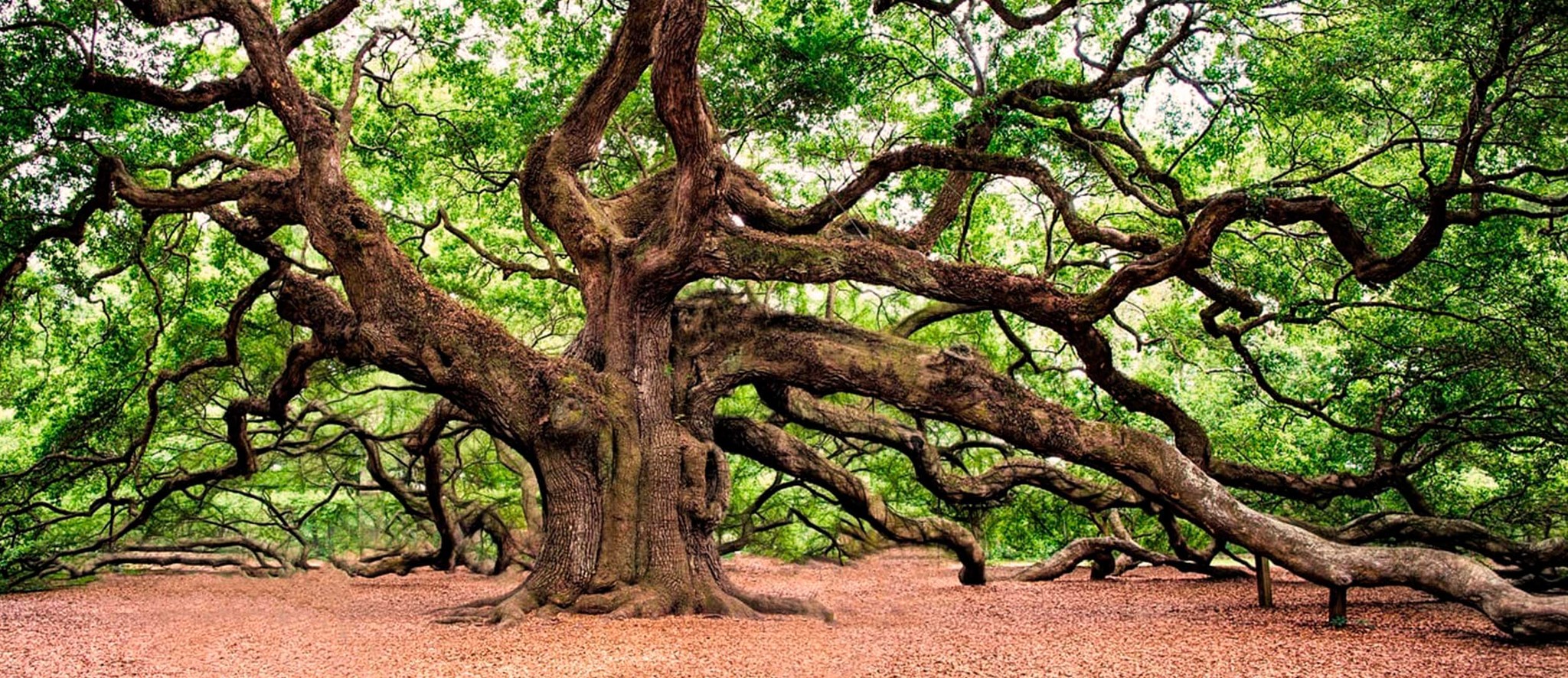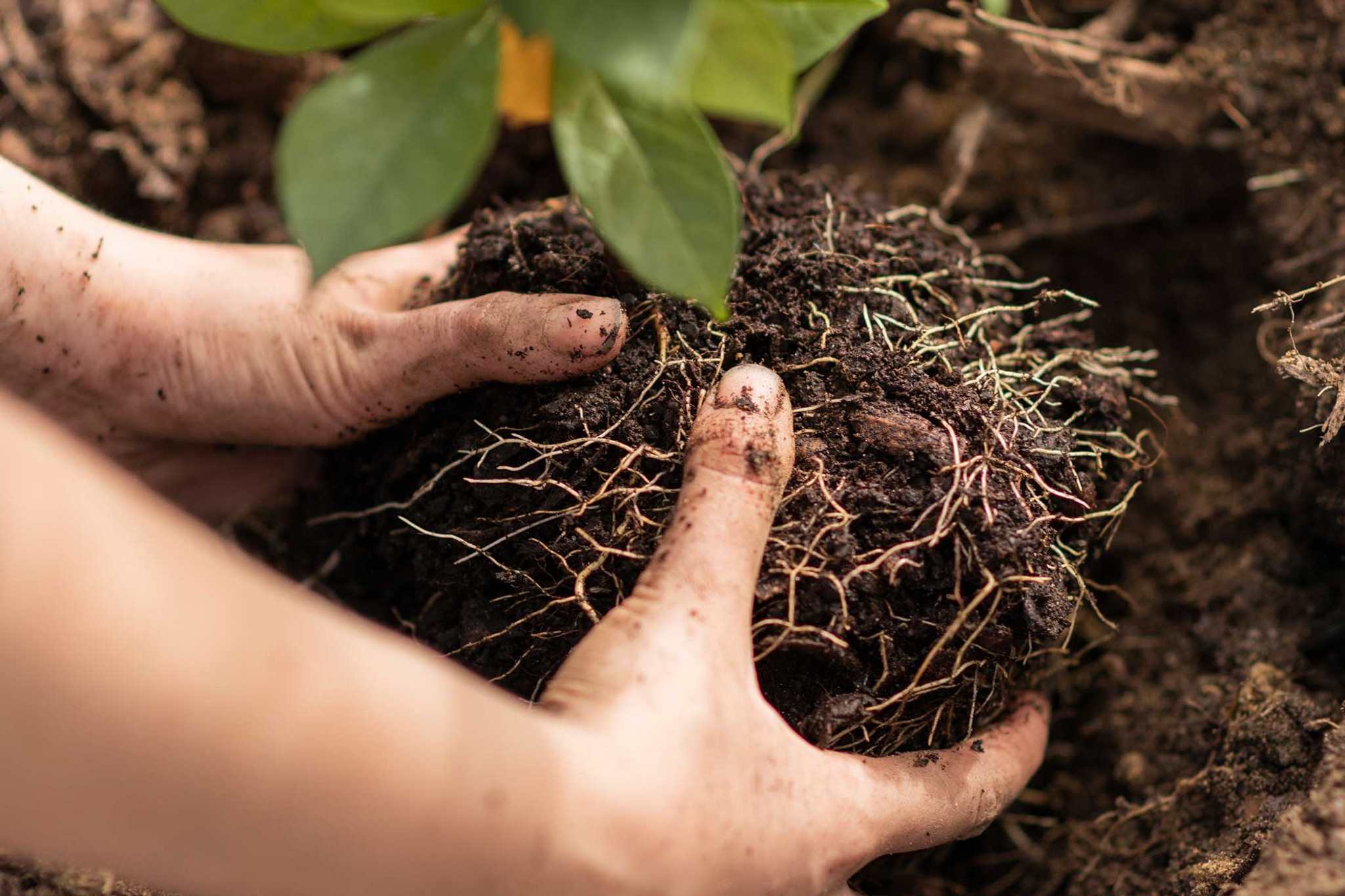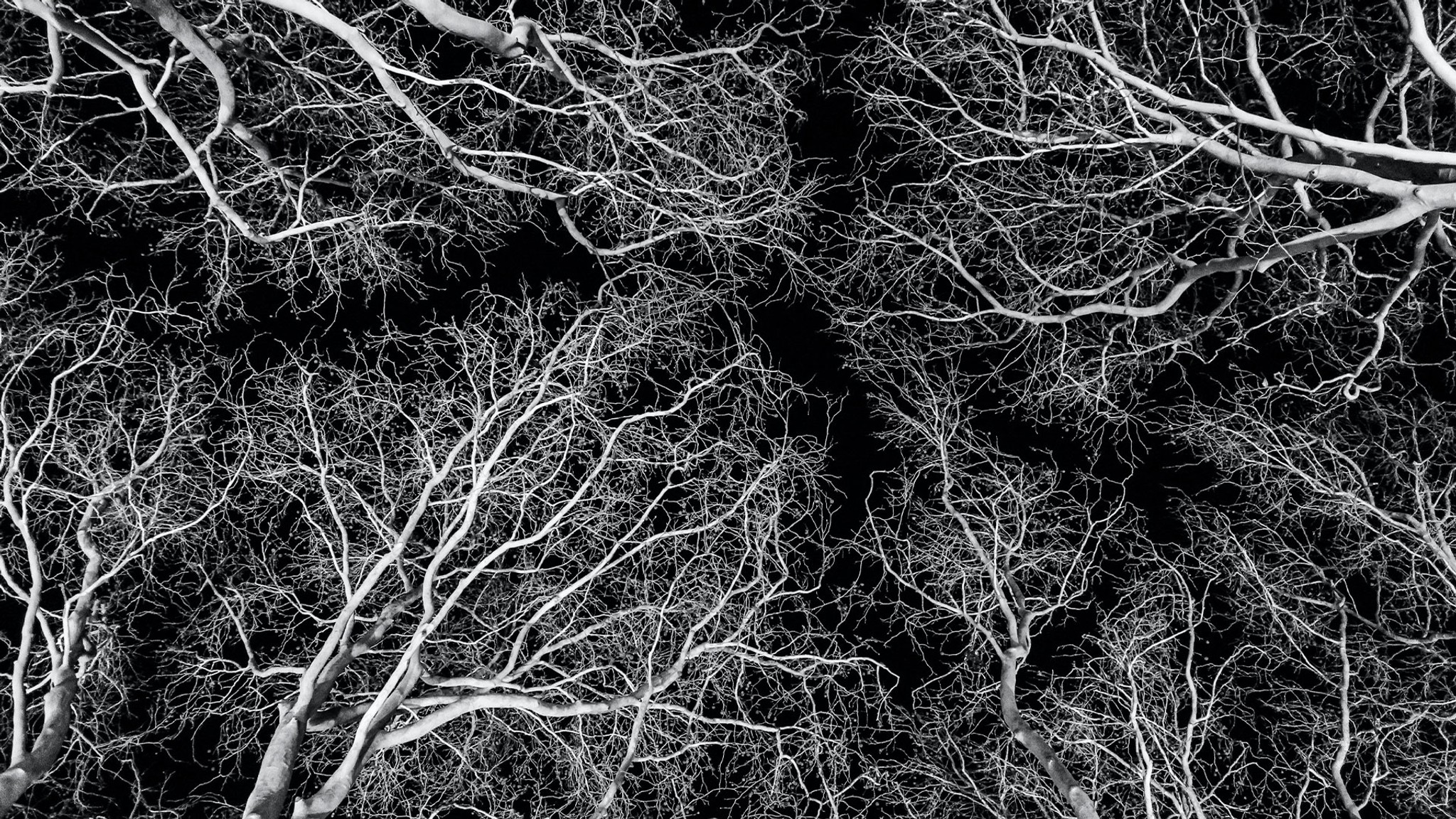What Is Soil Compaction?

Soil compaction around tree root zones is a real modern problem, particularly in urban areas, where the majority of stress and illness of trees can be linked, in some form, back to compaction.
Root zone compaction squeezes the soil and roots leading to anaerobic conditions where the roots are deprived of oxygen and the soil biology can’t work properly to provide the trees with the nutrition they need. Compaction also affects the vital mycorrhizal fungi collaborations that trees depend on.
When planting Miyawaki forests we always initially aerate the soil looking for a fluffy consistency with plenty of porosity that allows tree roots to grow rapidly, biology to expand, fungi to flourish and leads to the healthy above ground establishment of the trees.

The famous Turners Oak found at Kew Gardens taught the world a lesson regarding compaction during the great storm of 1987. The ancient oak had been in decline for many years but no one at Kew could work out why. When the storm hit the massive Oak was quite staggeringly seen to lift up several feet into the air and then settle back down!
The arborists thought that was it for the oak and added it to the felling list. But two years later the tree sprang back to life and started to put on new growth and has now never looked better. The decline in health being caused by the centuries of visitors walking around the oak and compacting the soil . The storm allowed the tree to literally stretch and re aerate the soil and increase porosity around its roots - and in the process taught the world a lesson about tree health!





